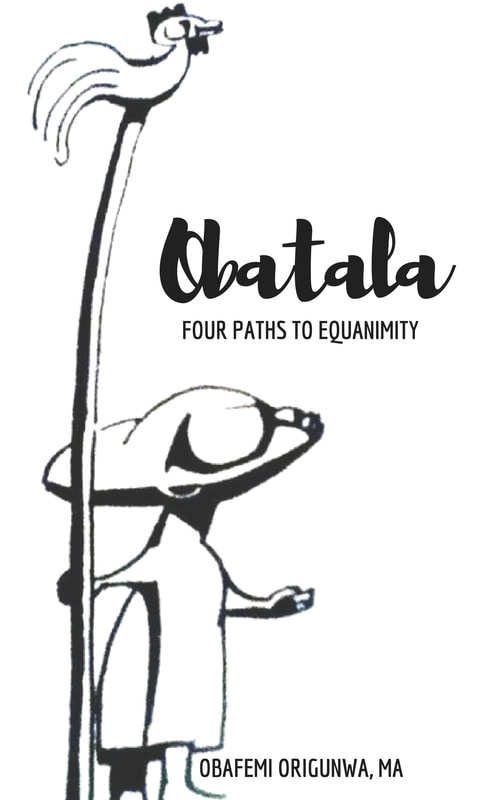|
"I hate this class!" She hissed the words on top of a heavy sigh. It hurt me quite deeply because I love to teach and she was actually making considerable progress. In spite of my disappointment and hurt feelings, I kept a straight, relaxed demeanor. It was Summer 1997 and I was teaching an Upward Bound Spanish class at Pasadena City College. I had a mix of skill levels that ranged from students who were native speakers to others whose vocabulary was not much more than taco, nachos and si. I had to organize the class in a way that challenged everyone, but still guaranteed some level of success, too. Consequently, the format was quite different from the conventional data dump the students had been exposed to up until that point. In my class, I taught concepts and required the students to fill in much of the content on their own. Instead of force-feeding them page after page of vocabulary words and grammar, I made them think about how they were thinking about the language and use their own thought processes to discover how Spanish works.
The young lady I alluded to earlier was an African American sophomore, who knew virtually no Spanish at the time. I understood her double frustration: On one hand, she was unable to engage with me and some of the other students who were native speakers. On the other hand, she did not have the comfort of a standard syllabus and text book to follow. She felt like I was humiliating her, isolating her, wasting her precious Summer. One day, she got fed up enough to confront me. "This class is so stupid! My friend is taking the other class and she is doing something totally different. You're not teaching us ANYTHING!" I listened to her and waited for a pause. Then I replied, "How do you know I am not teaching you? Just because we're not doing what the other class is doing doesn't mean you're not learning, does it? Is memorizing abstract vocabulary lists the ONLY way to learn Spanish? I know that's the way they usually teach it in school, but that's not how people learn it in real life. In real life, you have to discover how to communicate with other people THROUGH the language. Every single time you make a mistake, that is the language inviting you to figure something out.' Most Americans are monolingual, not because they lack the ability or even the aptitude. Most of us are monolingual because we quit too soon. We get frustrated, embarrassed and impatient and we just quit. In my work as a priest and counselor, this serves as a great analogy for life in general. We are too quick to quit. We blame our parents, our spouses, the system. But seldom do we ever blame ourselves. Even when we come before Ifa and the verses tell us that there is no curse, no witch no enemy, we refuse to ask ourselves "Am I the cause of my own demise?" Today, I want to challenge you to change your perspective. Stop looking for opportunities to quit. Stop looking for people to blame. As long as you blame others, the only way to rectify the situation is to change those people or destroy them. But when you realize the extent to which YOU'RE the problem, then you're back in the power seat because you CAN change yourself. Steven Covey calls it knowing the difference between your circle of concern and your circle of influence. People outside of yourself are in your circle of concern. You cannot change them. One of the most important things in your actual circle of influence is YOU. So yeah, embrace the fact that you're the problem and you will also have embraced the fact that you're the solution, too. Want to learn more? Join us at the Orisa Lifestyle Retreat www.OrisaLifestyle.com/retreat Comments are closed.
|
Live the MedicineObafemi Origunwa, MAThought leader, Ifa priest and author of four definitive books, Obafemi Origunwa inspires metamorphosis through living the medicine that will heal your life and heal the lives of the people you're destined to serve. 
Raise Awareness

Internalize Principles

Embody Truth
|






